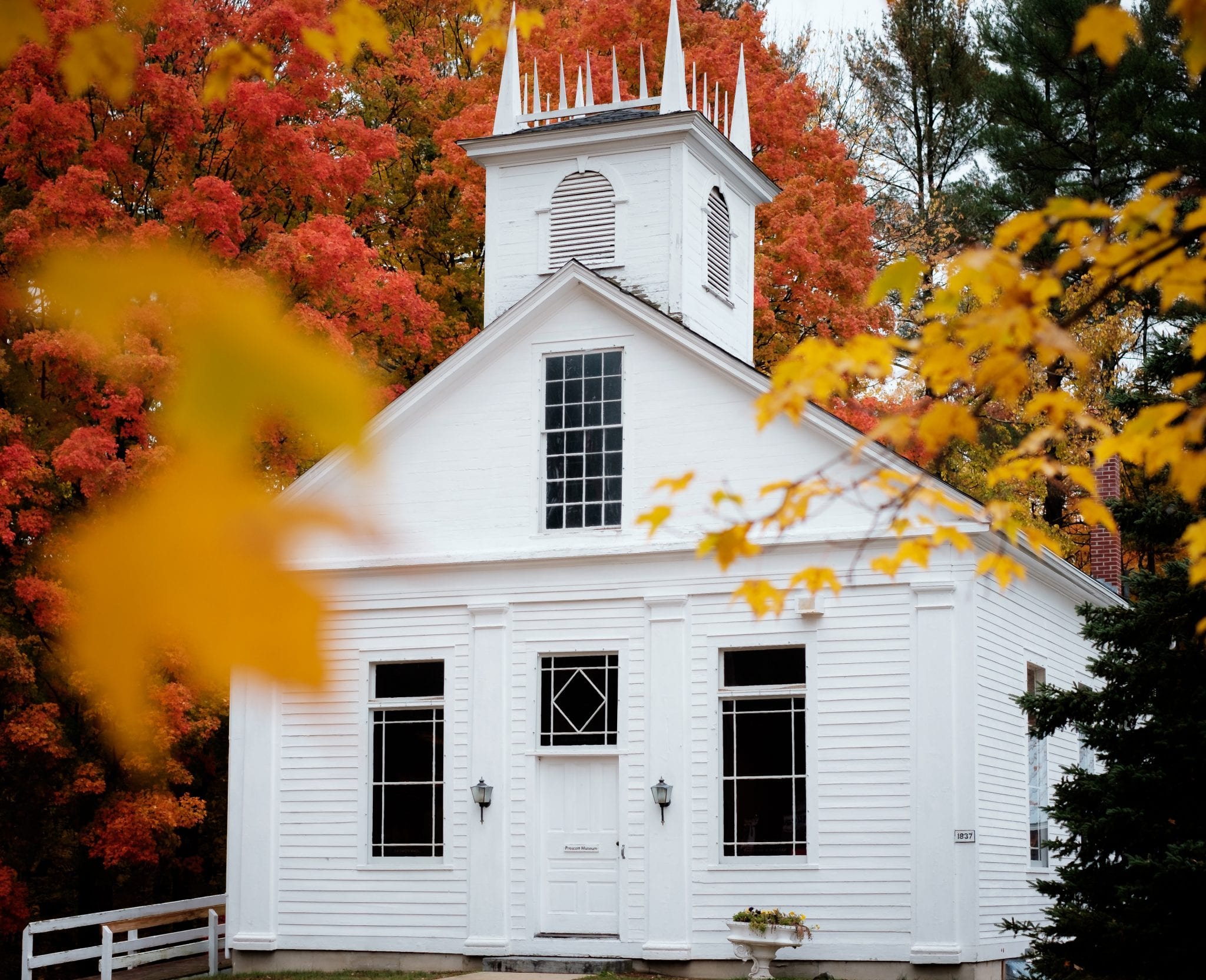On Episode 105 of The Edge of Innovation, we’re talking with Jacob Young identifying and measuring success in a non-profit organization.

Hacking the Future of Business!

On Episode 105 of The Edge of Innovation, we’re talking with Jacob Young identifying and measuring success in a non-profit organization.

On Episode 104 of The Edge of Innovation, we’re talking with Pastor Jacob Young about why he started a church in New England.

On Episode 98 of The Edge of Innovation, we’re talking with Mark Dever, the senior pastor at Capitol Hill Baptist Church in Washington D.C. about how a church is different than other organizations.

On Episode 97 of The Edge of Innovation, we’re talking with Mark Dever, the senior pastor at Capitol Hill Baptist Church in Washington D.C.

On episode 58 of The Edge of Innovation, we are exploring Christianity and who God is with Pastor Paul Buckley of King of Grace Church.